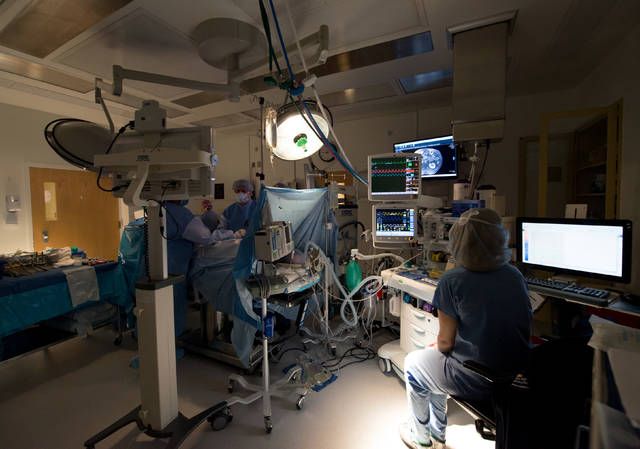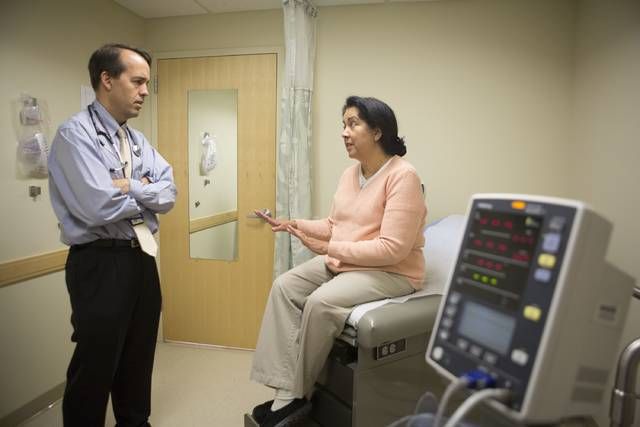Click here to subscribe today or Login.
“If you or a loved one is suffering from liver or kidney failure, organ transplantation may be the solution to living a longer, healthier and more fulfilling life,” said Michael R. Marvin, M.D., chairman of the department of transplantation and liver surgery for Geisinger.
A patient on the kidney waiting list waits an average of five to seven years. Family members, friends and even anonymous individuals can become living donors if they meet the requirements to donate.
Here are five things to know about donating a kidney, according to Dr. Marvin:
What happens first?
Screening and testing to determine eligibility. Doctors need to make sure you’re healthy and a good match for the potential recipient.
What is the surgery like?
Living donor kidney procedures are generally performed using a laparoscopic (minimally invasive) approach that results in shorter recovery time and a rapid return to work and normal activities.
Is it safe to live with one kidney?
When one kidney is removed, the remaining kidney will compensate for the loss of the other kidney. Although there are never guarantees, those who we accept as donors should be able to live their life with one kidney without any problems.
How long does recovery take?
Living donors generally stay in the hospital two to three days, but the length of time varies depending on your rate of recovery and how your surgery went. When you leave the hospital, you will feel tenderness, as well as some pain and itching at your incision site while it heals and will be advised to refrain from heavy lifting for about six weeks.
How long will the donation last?
Typically, living donor kidneys last longer than those from deceased donors. Not only can the transplant lengthen the recipient’s life, but it can also improve their quality of life.







